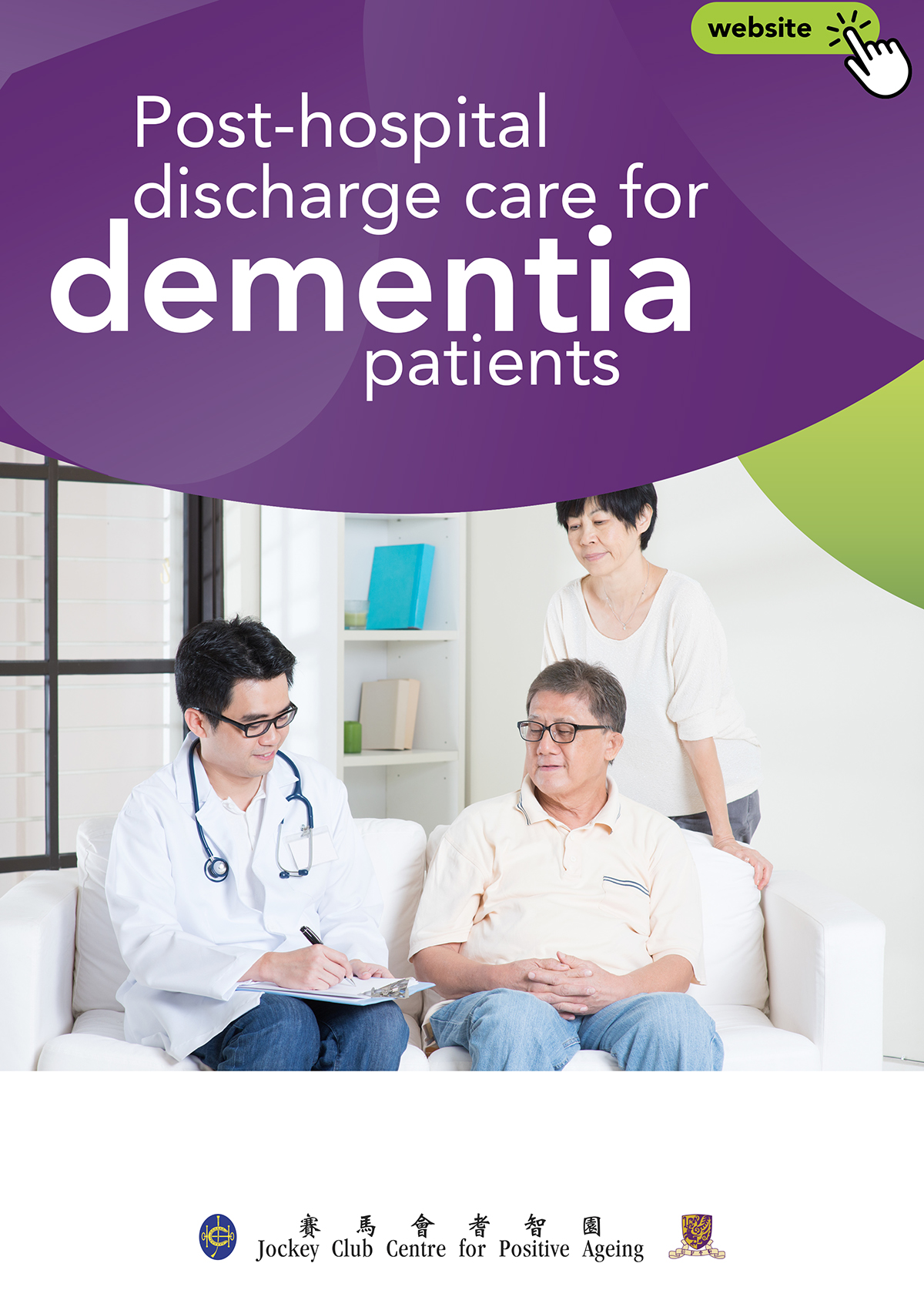Here, the Department of Medicine & Therapeutics discuss the programmes that are supporting post-hospital care for Dementia patients
When elderly Dementia patients are sent home from hospital, who is looking after them?
It is a sad fact that 30% of elderly Dementia patients will have re-admission to hospital within 30 days, especially fall-related injuries. Femoral fractures, head injuries and mental or behavioural issues will likely be the cause of re-admission. In Hong Kong, self-financed day-care for these patients is an option – but an unlikely one, with most families unable to afford the prices of constant care.
What can the worried family members practically do to protect the health of their loved ones?
The HKSAR Government have two post-hospital discharge services available for use.
One is not restricted to patients with Dementia, instead open to older patients at high-risk of re-admission. This is the Integrated Discharge Support Programme for Elderly Patients, which provides specialised plans of care for individuals identified as high-risk. Physicians, nurses and therapists create a plan for every individual on the programme, which looks after 30,000 patients every year.
There is even another pilot scheme, which has been functioning since 2018.
This piece also explains the scheme for Support for Elderly Persons Discharged from Public Hospitals after Treatment. It is subsidised by a community care fund and offers transitional residential care to help patients get used to living in a partially unsupported environment.
The Jockey Club Centre for Positive Ageing (JCCPA) also developed a post-hospital care model.
To delve into the statistics that capture how well this has been working for elderly Dementia patients, based on the 44 families in the programme at this moment, read all about the work of Hong Kong hospitals here.


